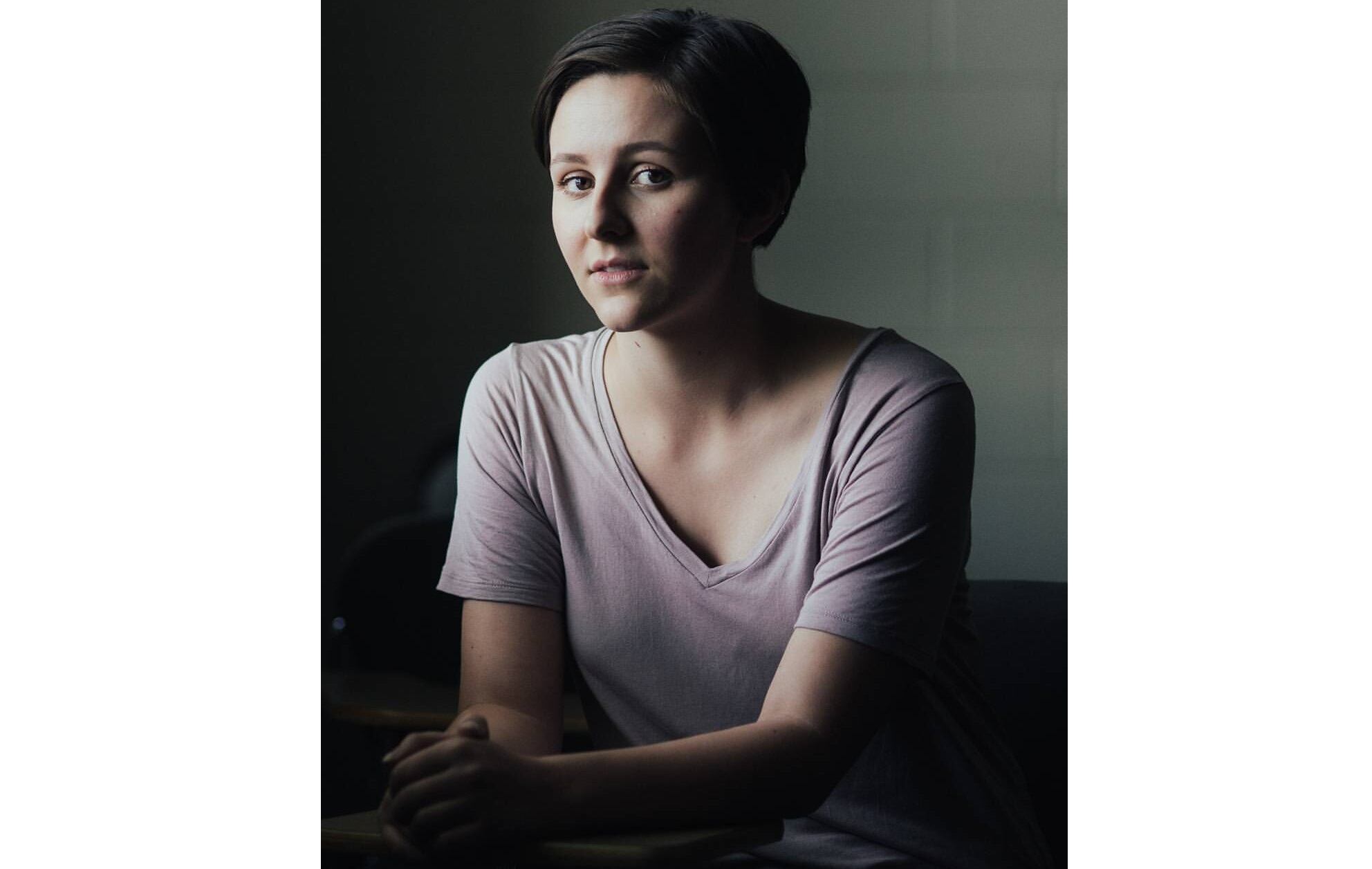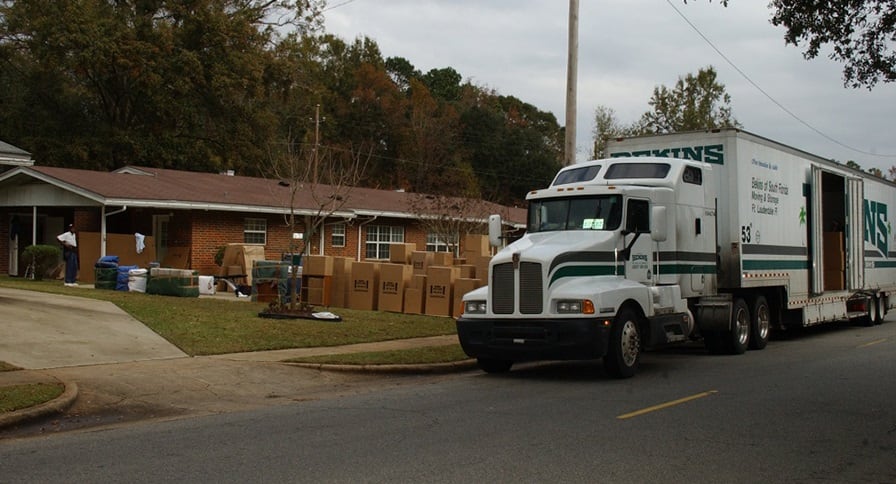My grandfather placed an old Army footlocker in the doorway of my mother’s bedroom. It was a faded green, with their last name faintly stenciled on the lid.
My mother was in middle school, but she was old enough to know it was that time again; new orders were received, and her family was moving.
“This is yours to fill up,” she said, “but once it’s filled, that’s it.”
She was used to moving boxes, but this seemed different. Her dad, an enlisted soldier, had a weight limit for his move. He hoped the trunk would keep the growing pound numbers at bay.
The first item Mom put in her trunk was a marble egg the color of moss that she bought when she was 13. She returned from her first trip to Italy, and though the egg weighed like a cheap souvenir, she exuded pride because she purchased it with her own money.
Every year and every move, she filled the trunk a little more. By the time she started high school the trunk was filled with yearbooks, Belgian lace and cards from friends.
When my mother married my father, she didn’t need her trunk anymore. As my dad climbed the Army’s ranks, our moving days were filled with hundreds of boxes stuffed to the brim with toys and dinnerware. Mom kept every spelling test I ever took, every poem I ever wrote, even the ballet outfits and multicolored boas I wore for dance recitals.
I asked her why she thought that stuff was important enough to take with us.
“I guess I just want to remember all this.” she told me.
“Even my terrible scissor skills?” I asked.
“Things from when you were a baby? Of course. You guys grew up so fast, I’ll never have that again.”
I came to feel suffocated by what we’d amassed. As I grew up, I threw away most of my childhood trinkets — notes passed to me in high school and keychains I collected in middle school. I argued with my mother.
“Don’t you want to be reminded of those times?” she asked, as she took my old Pokemon cards out of the trash and placed them lovingly back into our trunks.
What she didn’t understand was that for most of my life, my memories were stored safely on the internet. I had photographs of any period of my teenage years online, neatly sorted and tagged. There was no need for weepy goodbyes with friends because we were already texting each other as the car pulled away.
It wasn’t until I started college that I began to understand why these physical mementos were better than pixels on a computer screen.
I came home during the holidays and felt one of those attacks of suffocation, tossing things from my childhood room into the trash, until I came upon a special box, neatly tucked up against the wall in my closet. I didn’t know what was in it and as I tore away at the cardboard, I stopped in my tracks.
When I was little, I had an affinity for Eeyore collectibles. Before my family moved overseas, I watched “Winnie the Pooh” after school like clockwork. I would get home, take my shoes off, microwave a bagel with cheese on it and sit at the edge of my living room (I wasn’t allowed to eat on the carpet) and watch “Winnie the Pooh” cartoons featuring the lovable, gloomy donkey.
What started as a fascination became an obsession. No matter where we went, if there was an Eeyore magnet or picture frame, I begged my parents to buy it for me.
At first I couldn’t bear to get rid of the amassed paraphernalia … and then I forgot about it. I never knew where these trinkets went. Until now.
I kneeled onto the carpet and opened the box. It smelled like my old house — like the laundry detergent my mom used, and all the other familiar smells I could never explain.
These memories, these sensations, can’t happen online. There is something tangible to the tangible. Something more than just having things. It’s like moving through time.
That box sits in my closet still. I refuse to get rid of it. When my mom asks about it, I tell her it’s too personal to give away. We share a knowing look.

Alaina Boukedes spent 23 years as a military brat; her father’s now a retired Army colonel. She graduated from the Medill School of Journalism in 2017 and is a freelance journalist in Huntsville, Alabama. Follow her online at www.alainaboukedes.com or on Twitter (@alainasboukedes). Have a PCS Story? Email it to klilley@militarytimes.com with “PCS Story” in the subject line.




